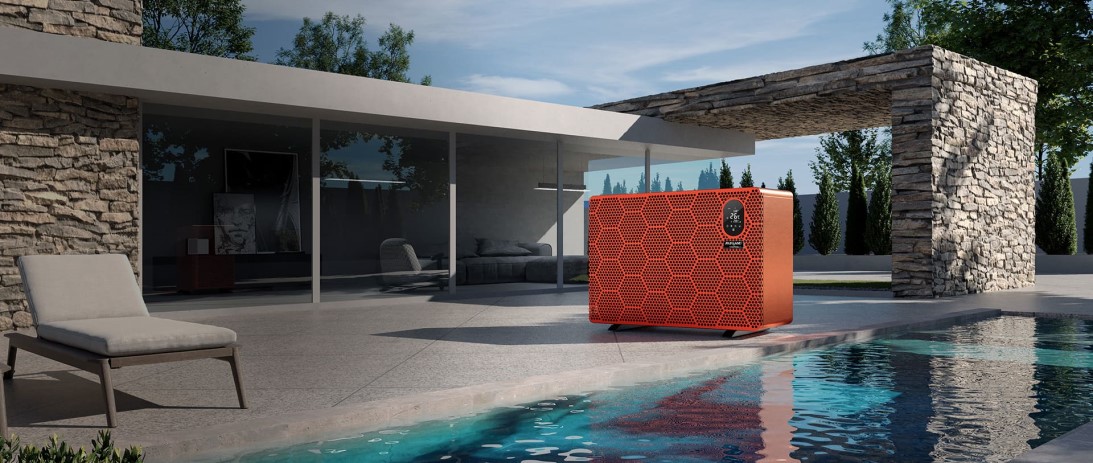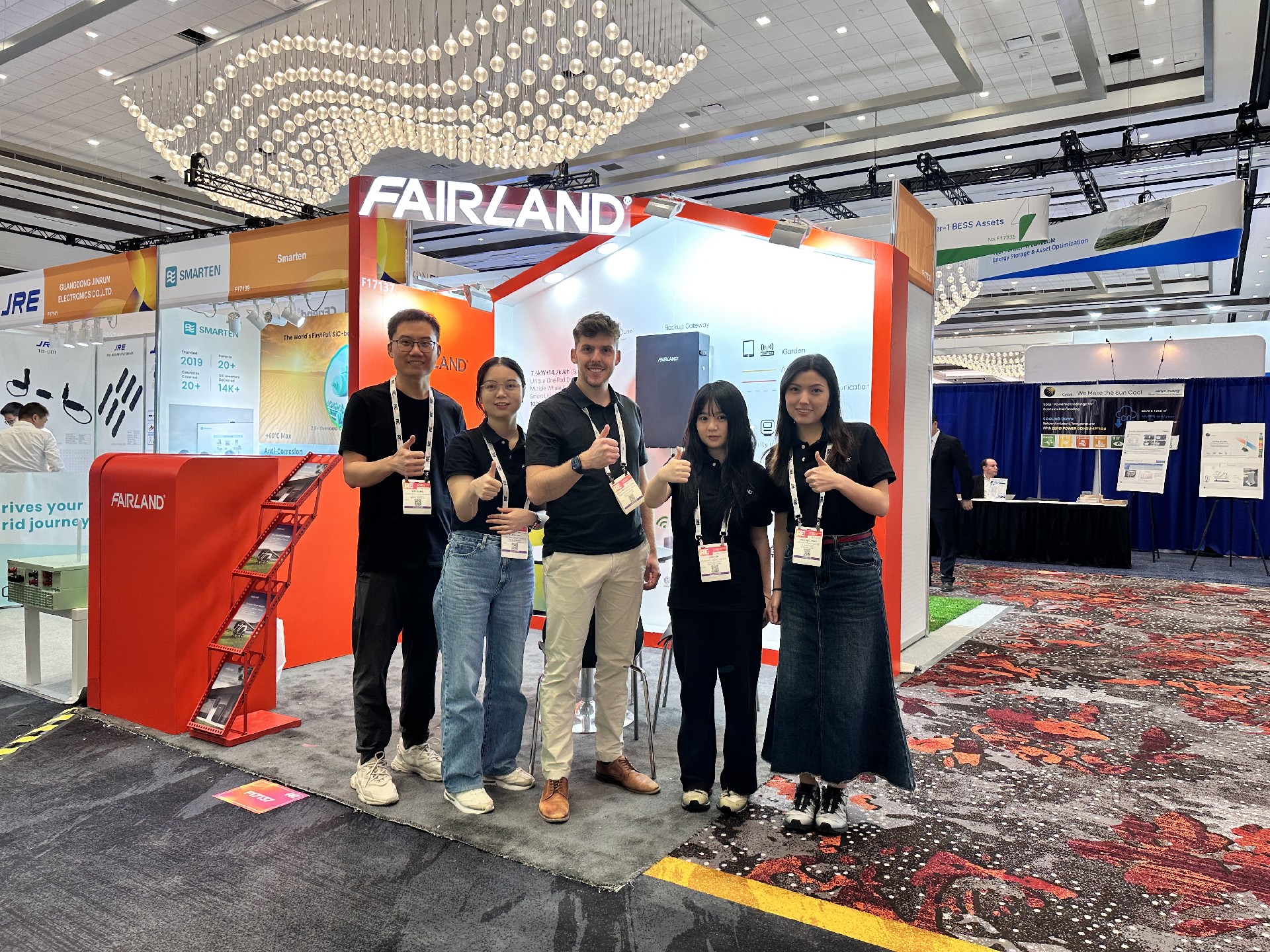A pool heat pump is a heating system that ensures the water in the swimming pool stays at a comfortable, soothing temperature throughout the year. In recent years, pool heat pumps have adopted inverter technology, which allows the fan and compressor within the pool heat pump to operate at variable speeds. Inverter heat pumps can adjust output to match the actual demand from the pool very accurately and are much more energy-efficient, making them the preferred pool heating product for an increasing number of pool owners. How has the Global Pool Heat Pump Market performed so far? And how will it perform in the coming years? What are the drivers and opportunities in the Global Swimming Pool Heat Pump industry? We have summarized some key points based on numerous in-depth research reports on the Global Pool Heat Pump Market. Let's get started.
What Is The Outlook For The Heat Pump Market?
The pool heat pump industry is gaining momentum, evolving and innovating in response to changing lifestyles, sustainability considerations, and technological advancements. The market size of global pool heat pumps reached USD 4.67 billion in 2022. Moving forward, the analysts at ResearchAndMarkets.com forecast the global pool industry for pool heat pumps to grow at a CAGR of 4.5% during 2022-2028, reaching USD 6.08 billion by 2028.
North America holds the largest market for pool heat pumps, followed by Europe and Asia Pacific. Owing to the increased interest in outdoor swimming pools and the desire for energy-efficient pool heating systems, the market is expanding in North America and Europe, based on an analysis by INFINITY BUSINESS INSIGHTS.
What Are The Drivers And Opportunities In The Global Pool Heat Pump Market?
Comprehensive analyses reveal that the growing global residential and commercial demand has directly impacted the growth of inverter pool heat pumps. A few of the key drivers include an increase in swimming pool facilities, a rising desire for energy-efficient swimming pool heating systems, supportive government laws and subsidies to enhance energy efficiency, and the contribution of heat pump technology in reducing carbon footprints, presenting new opportunities for the global market of inverter pool heat pumps.
01. Increase in swimming pool facilities propels the market growth of inverter pool heat pumps
Swimming pools are the center of attraction for residential and commercial spaces. As homeowners seek to enhance their quality of life and create outdoor living spaces, swimming pools are emerging as an essential part of residential properties. Coupled with environmental concerns and energy efficiency rising in popularity, pool owners are looking for ways to cut energy use while maintaining ideal water temperatures. Due to their lower installation complexity, cost-effectiveness, and affordability, many pool owners use pool heat pumps as the optimal option for heating their pools. Schools, hotels, resorts, sports clubs, and spas also widely adopt pool heat pumps to control water temperature. Over time, the swimming pool heat pump market has grown into a significant industry sector, catering to various clients such as homes, hotels, resorts, and aquatic facilities.
02. Government incentives fuel energy efficiency in the pool heat pump market
Various initiatives implemented by the Government to encourage the use of renewable energy sources and prevent the emission of greenhouse gases (GHG) into the atmosphere are creating a positive outlook for the market. Enhancing energy efficiency in various industries is one of the main objectives of governments worldwide. Grand View Research has found that many governments offer subsidies, tax credits, or rebates for installing heat pumps. According to the International Energy Agency (IEA), financial incentives for heat pumps are already available in more than 30 countries.
In a recent report on subsidies for residential heat pumps in Europe, published by the European Heat Pump Association (EHPA), we found that France offers a grant of up to 9,000 euros for those who purchase air-source heat pumps for existing properties, and the scheme is in place from 2020 to 2024; In Germany, a grant of up to 15,000 euros is available for the retrofit installations of air-source heat pumps.
In the United States, the new federal income tax credits under the Inflation Reduction Act of 2022 are available through 2032, providing up to USD 3,200 per year that can reduce the cost of energy-efficient home upgrades by up to 30%, with the installation of heat pumps, heat pump water heaters covered by the tax credits.
In Australia, the Government provides many incentive schemes, such as the Solar Homes Program rebates, which provide Victorian households with up to AUD 1,000 to assist with the purchase of an eligible heat pump or solar hot water system.
These favorable energy-saving solutions and carbon footprint reduction policies will further stimulate the demand for energy-efficient heat pumps as anticipated, thereby benefitting its growth.
03. Increasing integration of IoT and AI tech with heat pumps emerges as a market opportunity
Energy-efficient heat pump technology helps to cut down on greenhouse gas emissions. Integrating the Internet of Things (IoT) with novel advancements in cutting-edge technologies like Artificial Intelligence (AI) can automate these pool heat pump devices, making them more energy-efficient and capable of maintaining ambient conditions without user intervention. AI-driven pool technologies such as automation and remote control systems will become standard features, increasing the convenience and efficiency of pool management. Market.us predicts that over the coming years, these advancements will fuel the market for heat pumps.
To obtain better Coefficient of Performance (COP) values, pool heat pump manufacturers are concentrating on enhancing the effectiveness of heat pump systems through advancements in compressor technology, heat exchangers, refrigerants, etc. Fairland, one of the major manufacturers in the global market of inverter pool heat pumps, has always focused on decarbonizing outdoor living. Leveraging its self-developed TurboSilence® Full-inverter technology, Fairland introduces the X20 Inverter Pool Heat Pump, an air-source pool heat pump with a Coefficient of Performance of up to 20 (COP20). By perfectly matching the inverter-compressor with the extreme 3D heat-exchanging technology, the X20 optimizes the gas flow rate intelligently to maximize COP performance while redefining with a 30% increase in heat exchange efficiency. Among the highlights of Fairland's 20x Saving iGarden solution, the X20 Inverter Pool Heat Pump combines high energy efficiency and ultra-silent operation, having interconnectivity with a solar storage system, making it one of the most sought-after products in the market of inverter pool heat pumps.

Final Words
The swimming pool heat pump market is dedicated to innovating technology, increasing energy efficiency, and improving customer experience. Energy-efficient technology of heat pumps is boosting the market growth, and combining them with the Internet of Things (IoT) and novel advances in cutting-edge technologies such as Artificial Intelligence (AI) holds broad prospects. With its cutting-edge technology, Fairland seeks to provide novel and cost-effective outdoor living solutions for worldwide households while helping to address decarbonization and sustainability issues in all areas of the world. By embracing sustainability and technological innovation, Fairland is introducing its newest 20x Saving iGarden solution, which features
inverter pool heat pumps,
robotic pool cleaners,
solar energy storage systems, and other innovations that are on display at Piscina & Wellness Barcelona from November 27-30. Visit Fairland at Hall 2, D72, and see you there!
* Source reference and data from 360 Research Reports, ResearchAndMarkets.com, INFINITY BUSINESS INSIGHTS, Allied Market Research, Market.us, International Energy Agency (IEA), European Heat Pump Association (EHPA), energystar.gov and energy.gov.au
















